How high will petrol prices go?
Government under pressure to intervene as cost of petrol and diesel climbs to record levels
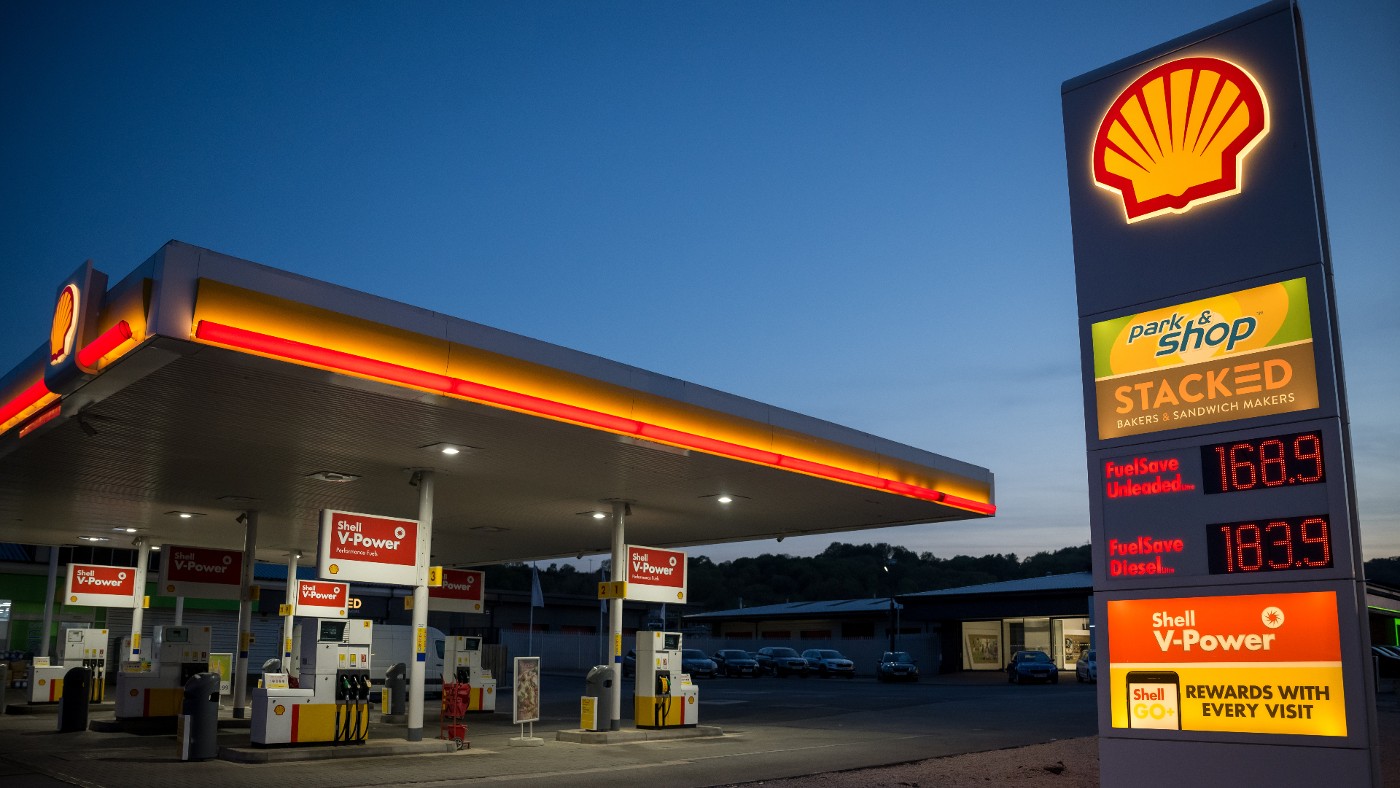
A free daily email with the biggest news stories of the day – and the best features from TheWeek.com
You are now subscribed
Your newsletter sign-up was successful
The cost of filling an average family car with petrol has hit £100 on what the RAC described as a “truly dark day” for motorists.
The price of filling a 55-litre tank reached £100.27 for petrol and £103.43 for diesel yesterday, “as fuel prices keep rising”, said the BBC. On Tuesday, the cost of a litre of petrol rose by more than 2p to an average of 180.73p – the biggest daily jump in 17 years.
Why are petrol prices so high?
The oil market has been “gripped by an unprecedented downward shock only to be followed soon afterwards by an upwards shock”, said Sky News’ business reporter James Sillars. And such “jittery times” are “never good for price stability”, he continued.
The Week
Escape your echo chamber. Get the facts behind the news, plus analysis from multiple perspectives.

Sign up for The Week's Free Newsletters
From our morning news briefing to a weekly Good News Newsletter, get the best of The Week delivered directly to your inbox.
From our morning news briefing to a weekly Good News Newsletter, get the best of The Week delivered directly to your inbox.
Demand for fuel “fell off a cliff” in March 2020 as the Covid pandemic struck, with Brent crude oil prices falling below $20 a barrel. Then, as major economies re-opened, oil prices rose again on stronger demand.
Following the invasion of Ukraine by Russia – a leading oil producer – Western sanctions have led to lower volumes of Russian oil on the market, pushing the cost of Brent crude oil to highs of around $130 a barrel.
The UK has faced further problems owing to the weakness of the pound against the US dollar, a trend that began after the Brexit vote result was declared in 2016. The oil used to make petrol is paid for in US dollars.
The UK is also short on diesel refining capacity, which has made the country heavily reliant on Moscow for its diesel supplies.
A free daily email with the biggest news stories of the day – and the best features from TheWeek.com
There are only six large refineries in the UK. And while “in theory, the boom in refining demand should have helped them”, said The Guardian’s energy correspondent Alex Lawson, the oil price spike “will have inflated their input costs”.
The AA motoring organisation has also blamed rival RAC’s “reckless speculation” for rising prices, The Times reported. An AA spokesperson said the latest price hike was “a huge shock and fuels speculation of a £2 litre just gives the fuel trade licence to pile on extra cost and the misery”.
The RAC insisted that retailers were basing their prices on wholesale costs rather than speculation.
What next?
The government is facing intense pressure to act, as Rishi Sunak’s 5p fuel duty cut, announced in March, is “effectively wiped out” by soaring prices, said The Telegraph.
Amid mounting public anger, Downing Street has hinted that companies that fail to pass on the fuel duty cut may be named and shamed. A spokesperson said that “transparency may have an important role to play”, adding: “It is important the public understand what actions each of the fuel retailers are taking and so we are considering what further options we can take.”
With VAT and duty currently accounting for roughly half of the cost of a litre of fuel, “fury” from motorists may also force the chancellor to “slash VAT on fuel or bring in another cut on duty”, said The Mirror.
Sky News’ Sillars argued that “given that Boris Johnson has made cutting taxes a focus for his government following his confidence vote scare”, it “would be fair to assume” that Sunak would “cast an eye” over VAT and duty.
But regardless of such potential cuts, said the Daily Express, “experts believe petrol price rises will continue”, as “Europe and the world beyond adjust their energy sources”.
Chas Newkey-Burden has been part of The Week Digital team for more than a decade and a journalist for 25 years, starting out on the irreverent football weekly 90 Minutes, before moving to lifestyle magazines Loaded and Attitude. He was a columnist for The Big Issue and landed a world exclusive with David Beckham that became the weekly magazine’s bestselling issue. He now writes regularly for The Guardian, The Telegraph, The Independent, Metro, FourFourTwo and the i new site. He is also the author of a number of non-fiction books.
-
 How the FCC’s ‘equal time’ rule works
How the FCC’s ‘equal time’ rule worksIn the Spotlight The law is at the heart of the Colbert-CBS conflict
-
 What is the endgame in the DHS shutdown?
What is the endgame in the DHS shutdown?Today’s Big Question Democrats want to rein in ICE’s immigration crackdown
-
 ‘Poor time management isn’t just an inconvenience’
‘Poor time management isn’t just an inconvenience’Instant Opinion Opinion, comment and editorials of the day
-
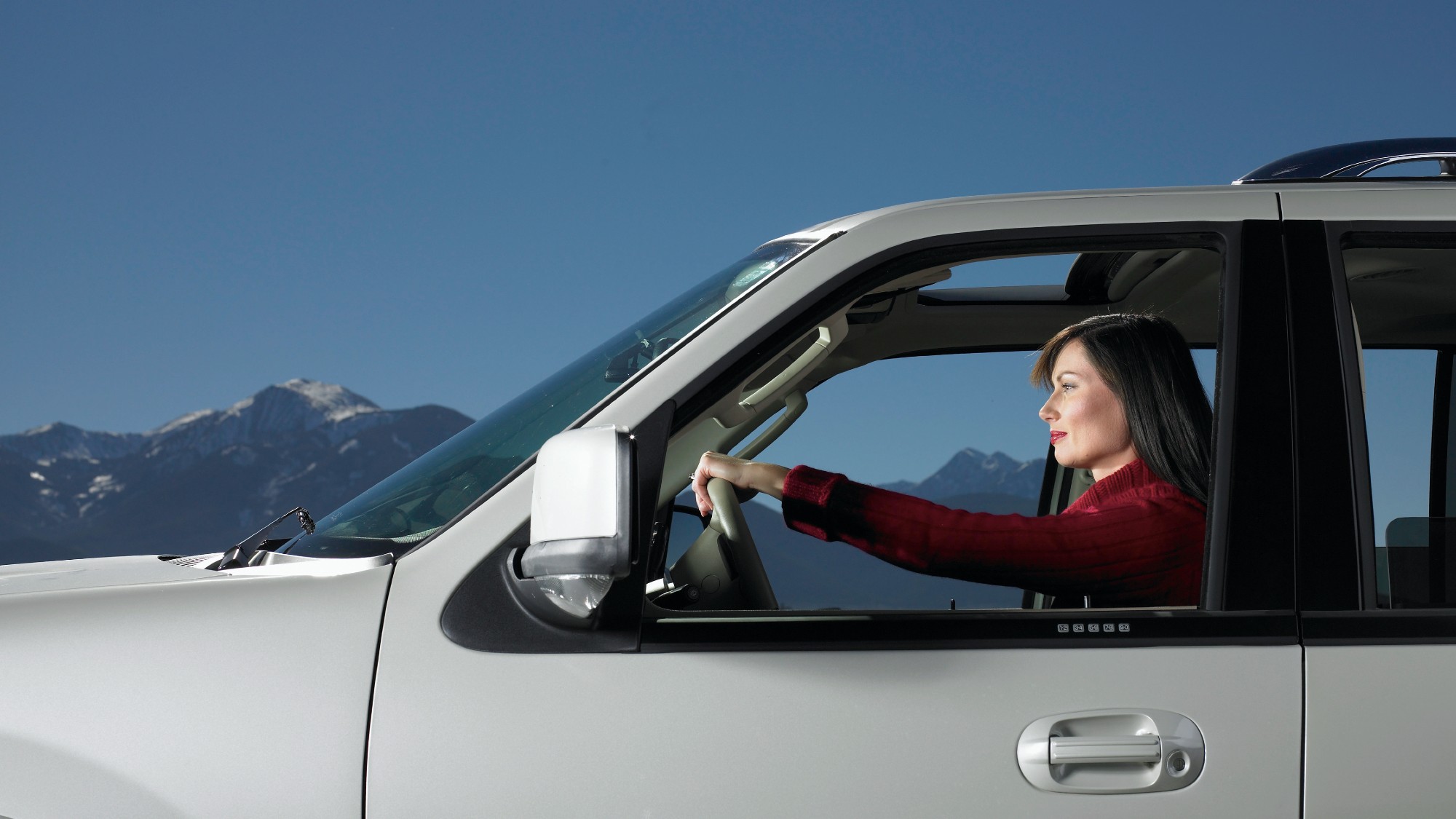 Why are feds cracking down on SUVs and big trucks?
Why are feds cracking down on SUVs and big trucks?Today's Big Question Pedestrian deaths have risen sharply since 2009
-
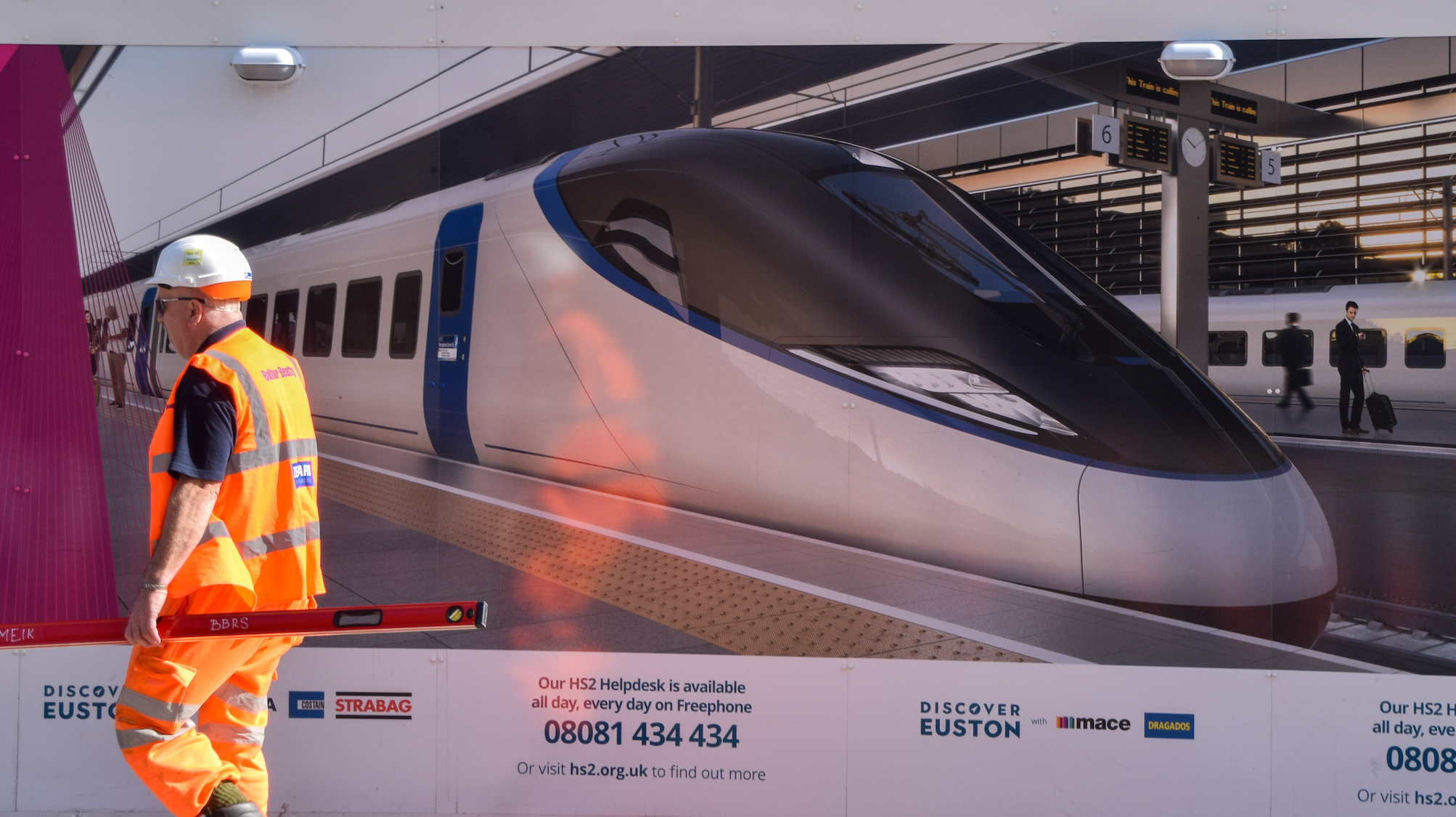 Pros and cons of HS2
Pros and cons of HS2Pros and cons The government has scrapped plans for the northern leg of the high-speed railway after spiralling costs and delays
-
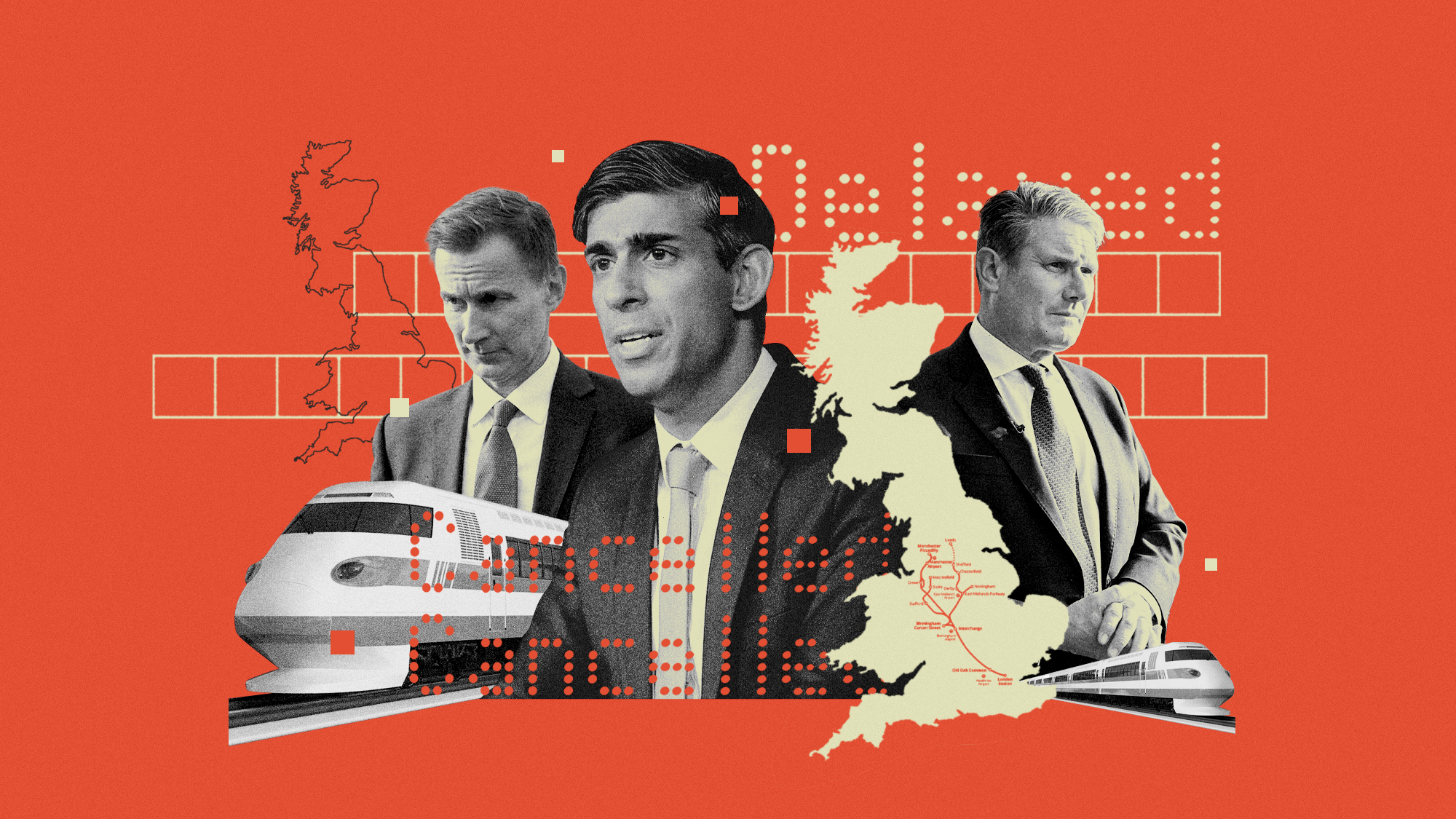 Can HS2 get back on track?
Can HS2 get back on track?Today's Big Question West Midlands mayor offers business solution to keep northern leg but final decision may rest with Labour
-
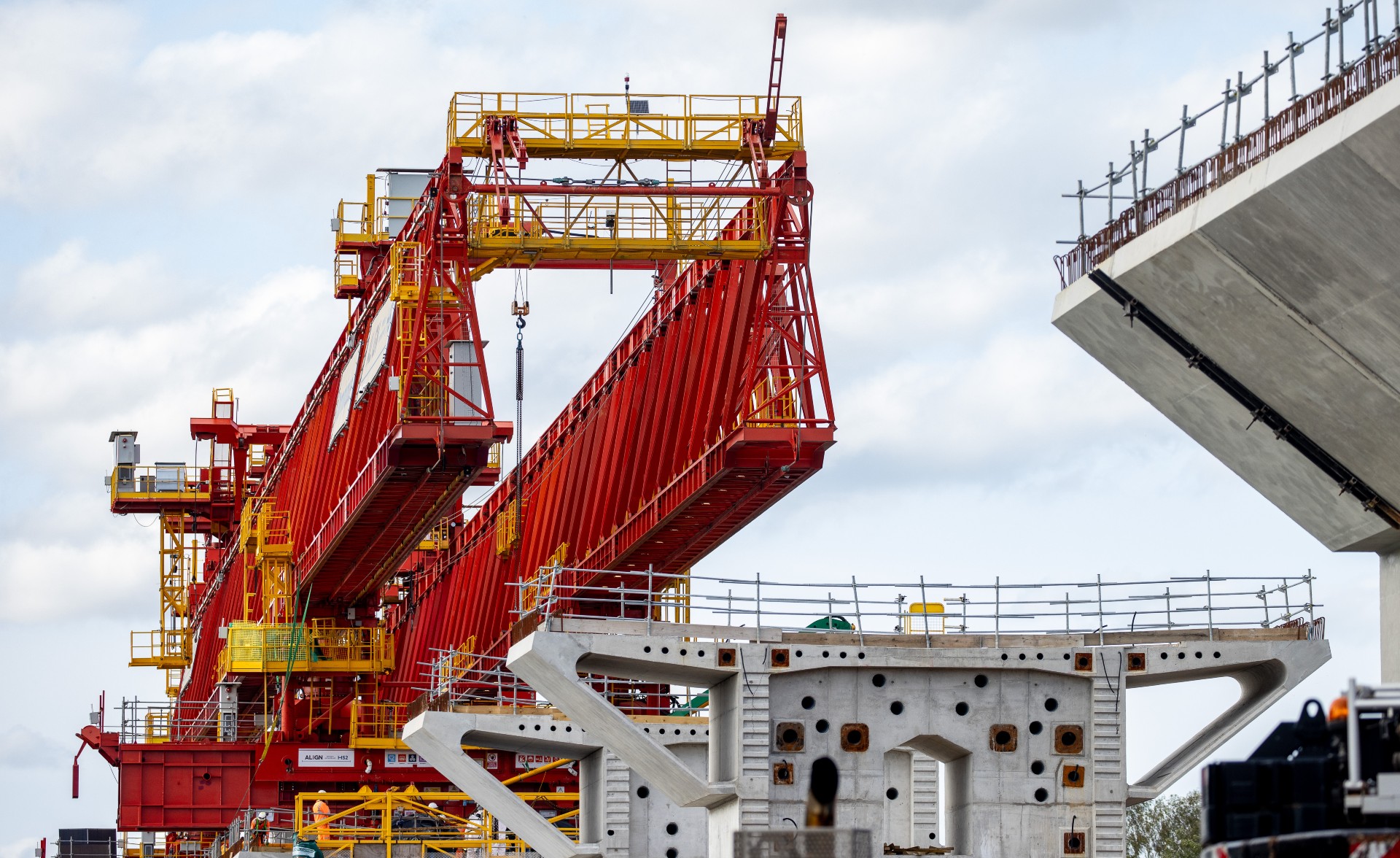 HS2: a runaway train
HS2: a runaway trainTalking Point PM may cut Manchester to Birmingham line of beleaguered rail project due to spiralling costs
-
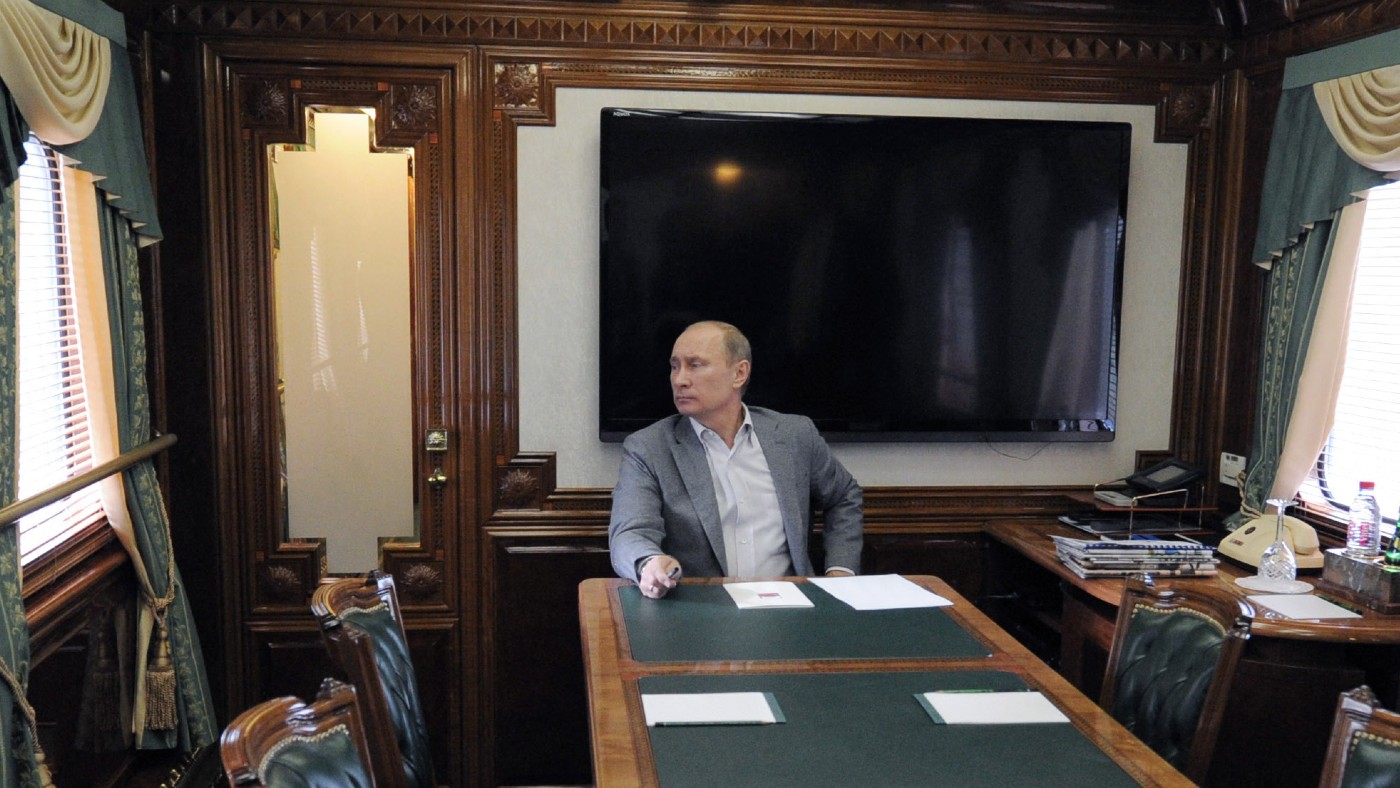 ‘Ghost trains’ and armoured limos: how Vladimir Putin travels in secret luxury
‘Ghost trains’ and armoured limos: how Vladimir Putin travels in secret luxuryUnder the Radar Planes, trains and automobiles make up the Russian president’s fleet of undercover travel options
-
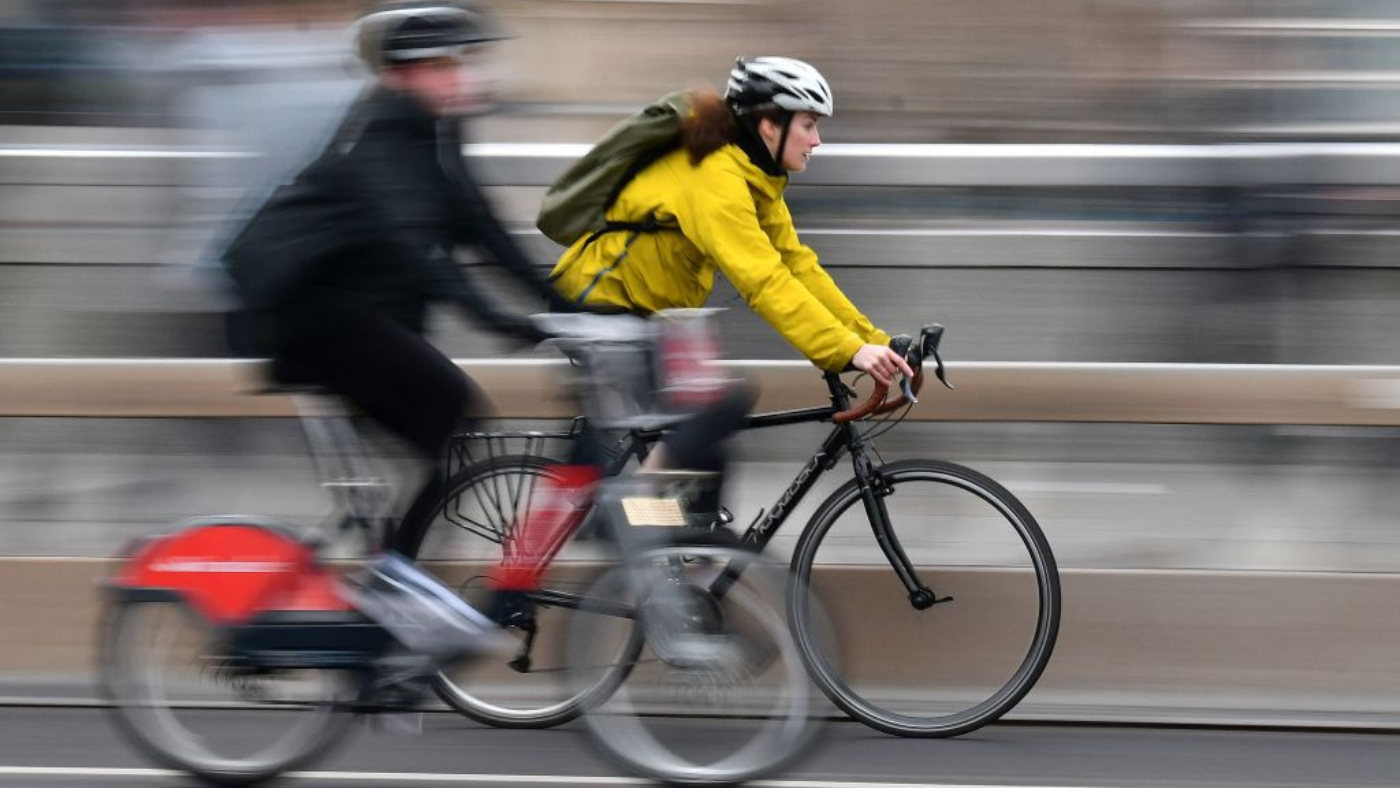 Should cyclists have to abide by the same rules as drivers?
Should cyclists have to abide by the same rules as drivers?Today's Big Question Transport secretary’s plans could see ‘dramatic shake-up’ of rules for bike users
-
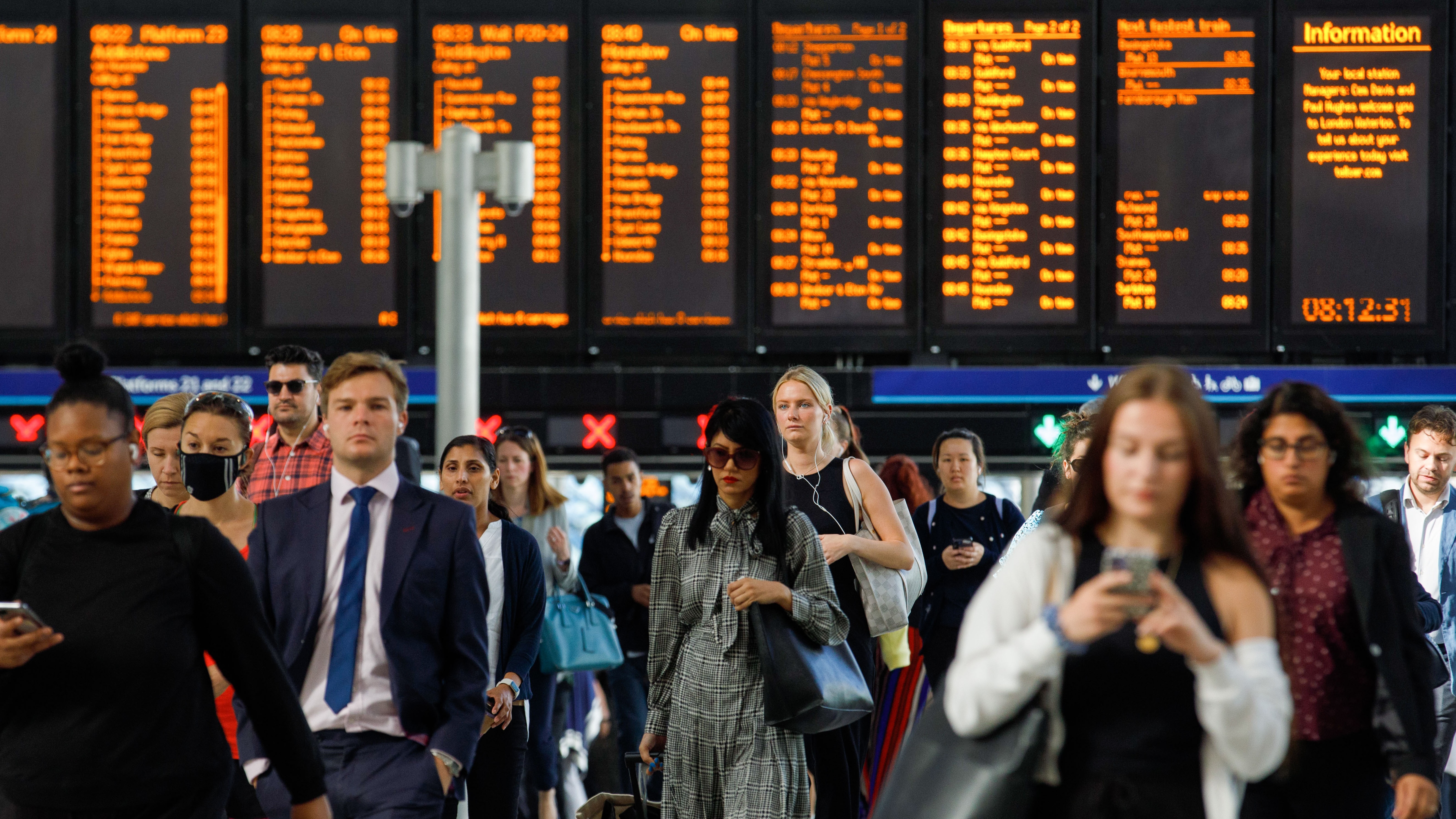 Rail strikes: which workers will be next to walk out?
Rail strikes: which workers will be next to walk out?Today's Big Question Strikes could spread to other public sector staff, says union chief
-
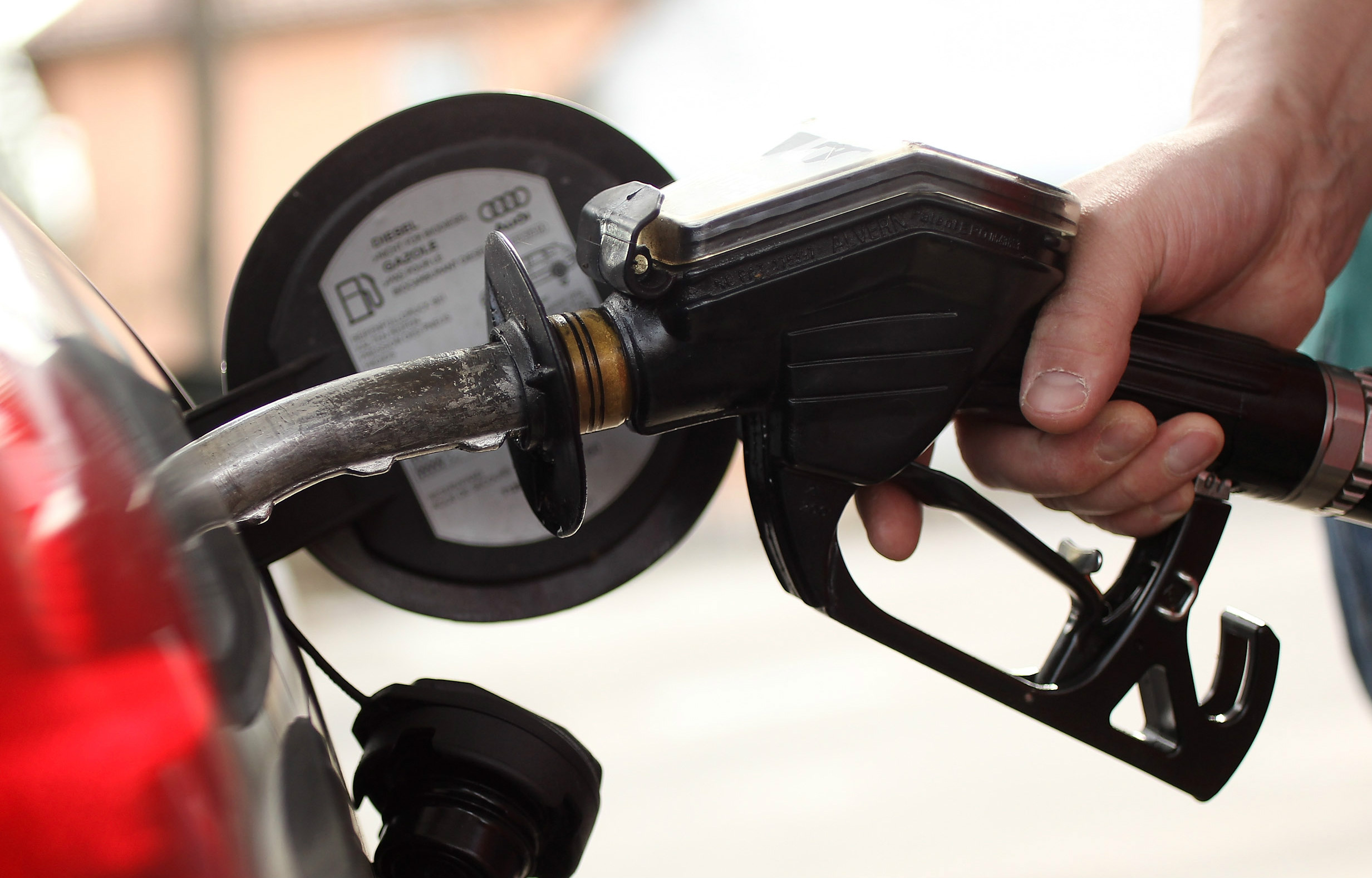 ‘Grim milestone’ as UK petrol prices soar to record highs
‘Grim milestone’ as UK petrol prices soar to record highsfeature Price of unleaded hit 151.25 pence per litre and diesel rose to 154.74 pence per litre